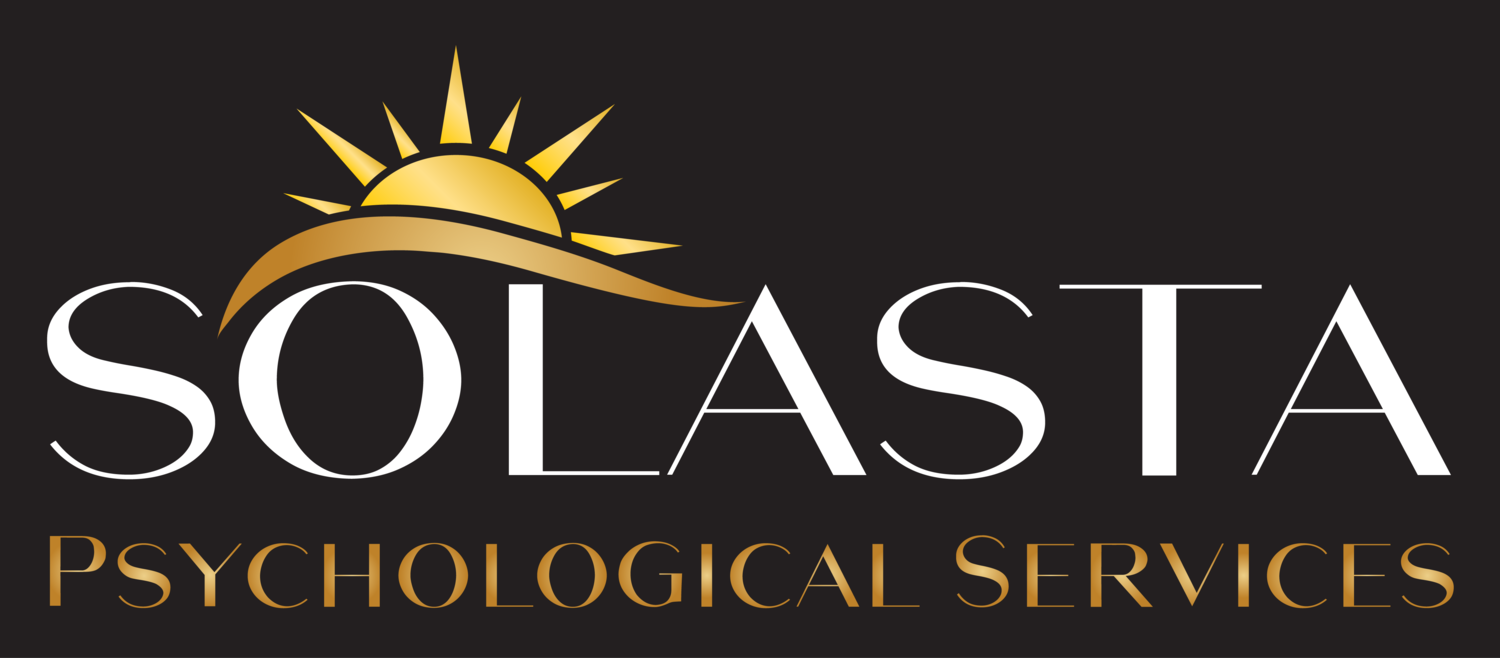What is a Psychoeducational Assessment?
A psychoeducational assessment is a comprehensive evaluation designed to help understand how an individual learns and processes information. Whether for a child struggling in school, a teenager navigating complex learning challenges, or an adult seeking clarity about cognitive strengths and areas of need, this type of assessment provides valuable insights.
At Solasta Psychological Services, we offer psychoeducational assessments for children, teens, and adults. These assessments can help identify learning disabilities, as well as incorporate testing for ADHD (Attention-Deficit/Hyperactivity Disorder), and Autism Spectrum Disorder (ASD), among other concerns.
Why Would Someone Need a Psychoeducational Assessment?
Many individuals benefit from a psychoeducational assessment when they:
Struggle with academic performance despite putting in effort.
Experience difficulty with focus, organization, or time management.
Face challenges with reading, writing, or math that feel disproportionate to their age or education level.
Encounter emotional or behavioral concerns that impact learning.
Assessments are often requested by schools, parents, or individuals seeking accommodations for learning, standardized tests, or work environments.
What Does a Psychoeducational Assessment Include?
A psychoeducational assessment typically involves:
Background Information: Collecting history about academic, social, emotional, and developmental experiences.
Standardized Testing: Evaluating cognitive abilities (IQ), academic achievement, memory, attention, and executive functioning.
Emotional and Behavioral Assessments: Screening for mental health factors that may influence learning.
Diagnosis and Recommendations: Providing a detailed report with diagnoses (if applicable) and tailored recommendations.
Psychoeducational Assessments for Children
For children, an assessment may identify issues like dyslexia, ADHD, or other learning disabilities that could affect reading, writing, and math. Parents often notice their child is struggling with homework or falling behind in class. An assessment helps clarify what’s going on and creates a roadmap for support, including classroom accommodations, tutoring, or therapy.
Assessments for Teens
Teenagers may face challenges due to increased academic pressures and the social-emotional demands of adolescence. A psychoeducational assessment can identify ADHD or other learning challenges that may impact their ability to stay organized, manage workloads, or navigate peer relationships. Assessments for teens often support applications for special accommodations on standardized tests like the SAT or ACT.

